#joel griffith
Text
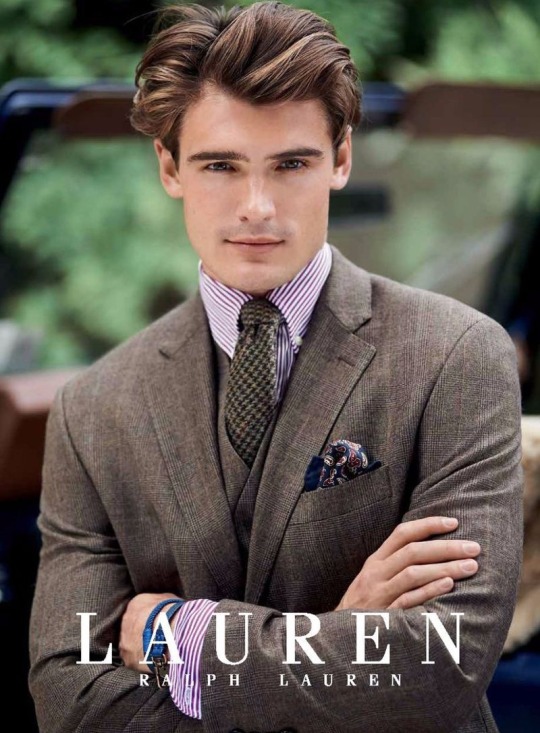
Ralph Lauren Fall 2017 - Garrett Taber - Photographed by Joel Griffith
11 notes
·
View notes
Photo
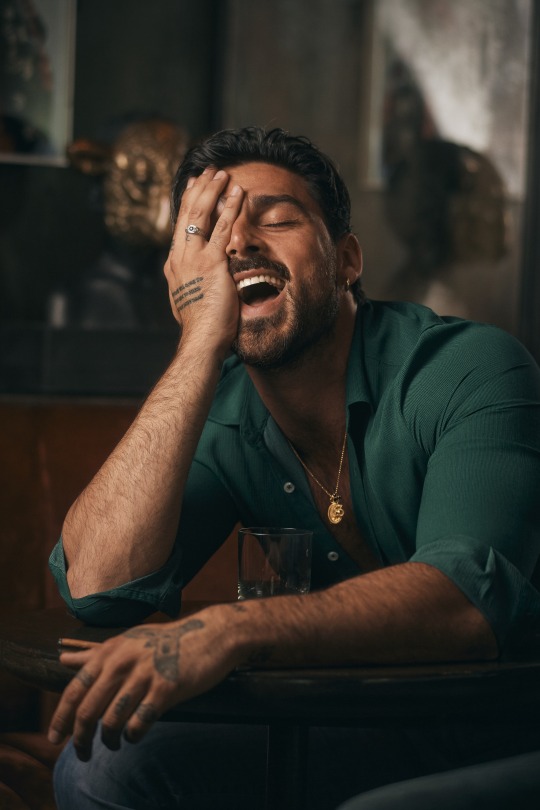

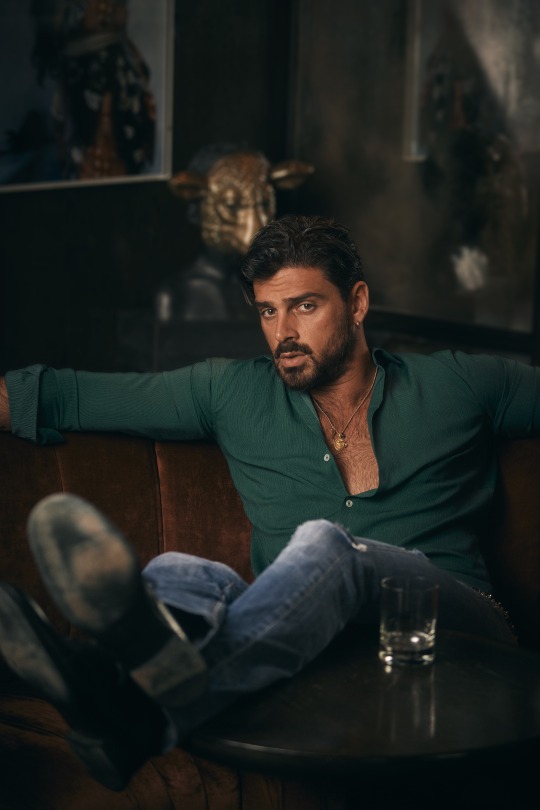
Michele Morrone | Story + Rain | Joel Griffith | September 2022
65 notes
·
View notes
Text

#movies#polls#super 8#super 8 movie#super 8 2011#2010s movies#jj abrams#j.j. abrams#joel courtney#elle fanning#riley griffiths#requested#have you seen this movie poll
90 notes
·
View notes
Text

(Source: Justiin A. Davis's Instagram Stories)
Team Payback!
#jensen ackles#soldier boy#laurie holden#crimson countess#gattlin griffith#young gunpowder#fritzy klevans destine#young black noir#joel labelle#swatto#jack doolan#kristin booth#tnt twins#ryan blakely#mindstorm#team payback#the boys tv#❤️❤️❤️❤️
46 notes
·
View notes
Text

Vintage Comic - Rip Off Comix #05
Pencils: Gilbert Shelton, Harry Driggs, Joel Beck, Dave Sheridan, Ted Richards And Bill Griffith
Inks: Gilbert Shelton, Harry Driggs, Joel Beck, Dave Sheridan, Ted Richards And Bill Griffith
Rip Off Press (Sept1979)
#Comics#Rip Off Press#Rip Off Comix#Underground Comix#Gilbert Shelton#Vintage#Art#Underground#Underground Comics#Comix#CGC#Wonder Wart-Hog#Joel Beck#Dave Sheridan#Ted Richards#Bill Griffith#1979#1970s#70s
17 notes
·
View notes
Text
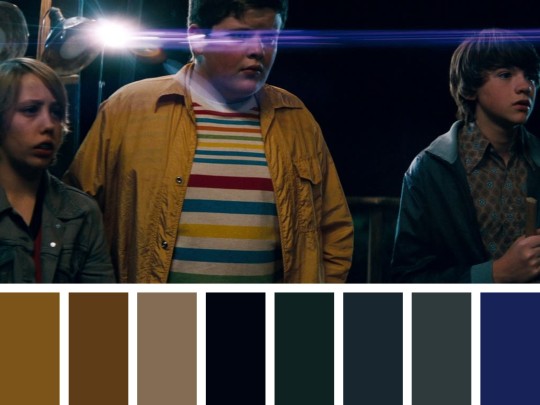

Super 8 (2011)
dir. J.J. Abrams
56 notes
·
View notes
Text

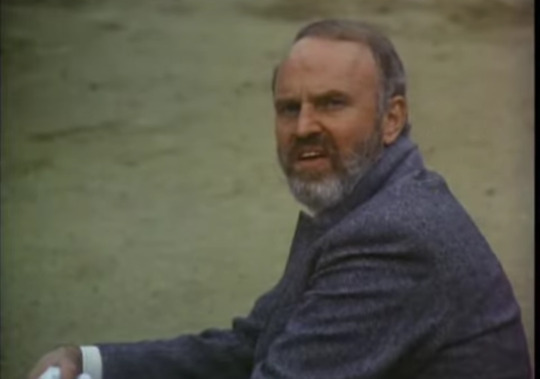
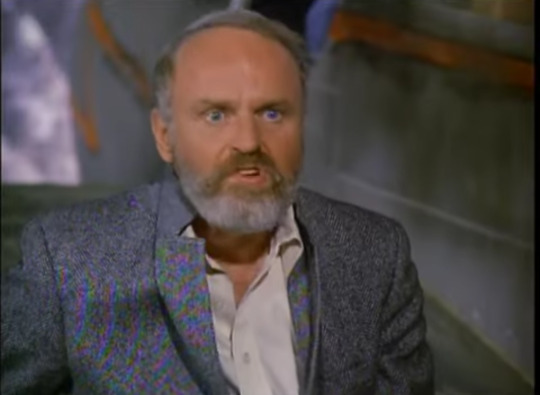

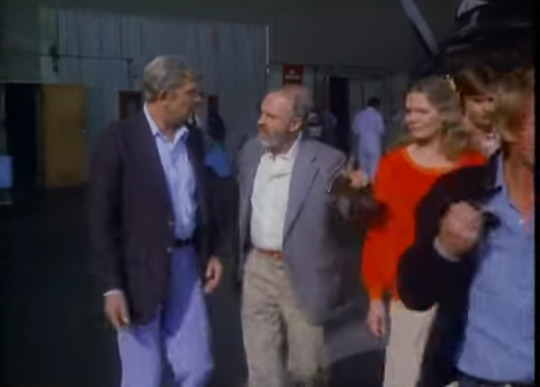
George Furth in Season 1, Episode 10 of Salvage 1 (1979)
5 notes
·
View notes
Text
In 1979, a group of young teenagers were making a film with their Super 8 camera when they witnessed a train wreck and thus got involved with an encounter with an alien being who escaped from the train. (Super 8, Flm)
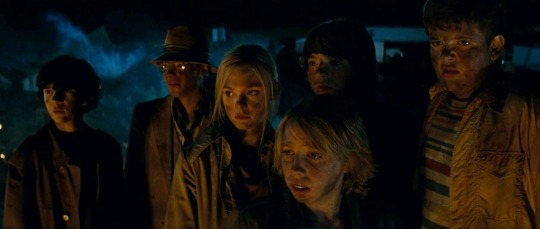
#nerds yearbook#1979#super 8#jj abrams#ufo#seti#alien#elle fanning#aj michalka#kyle chandler#joel courtney#jessica tuck#joel mckinnon miller#ryan lee#zach mills#riley griffiths#gabriel basso#ron eldard#glynn turman#noah emmerich#richard t jones#brett rice#bruce greenwood#dan castellaneta#greg grunberg
9 notes
·
View notes
Photo
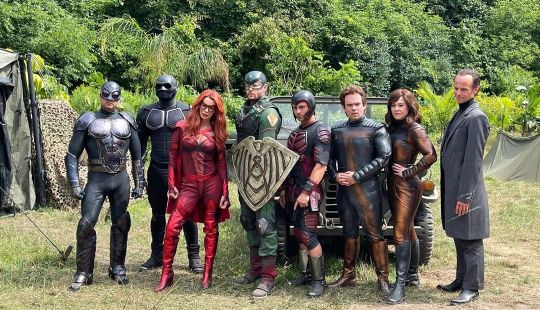
fritzyfritzrich: PAYBACK
————————————————————————
#theboys #theboystv #blacknoir @theboystv (x)
#jensen ackles#fritzy klevans destine#laurie holden#kristin booth#joel labelle#gattlin griffith#jensen & instagram mentions#bts: the boys
102 notes
·
View notes
Photo
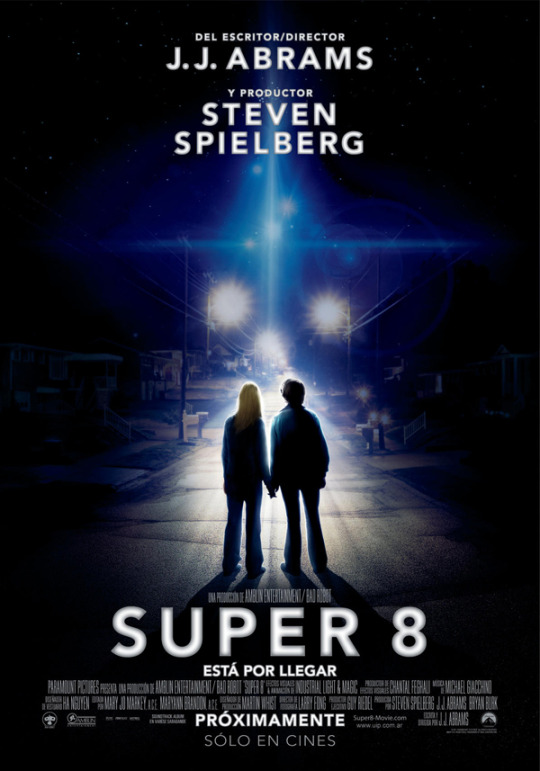
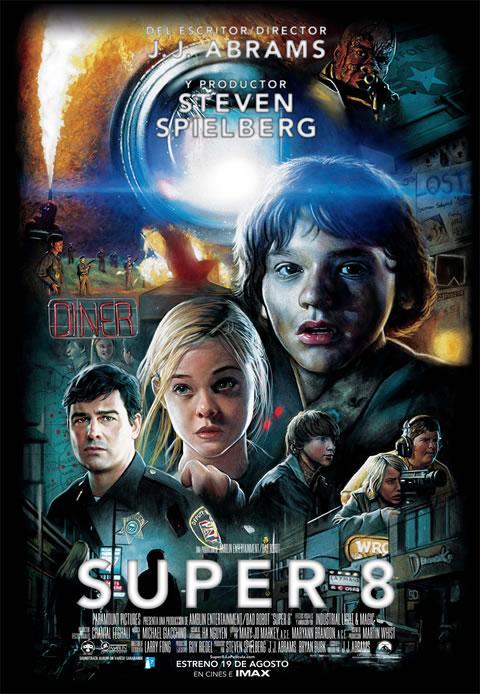

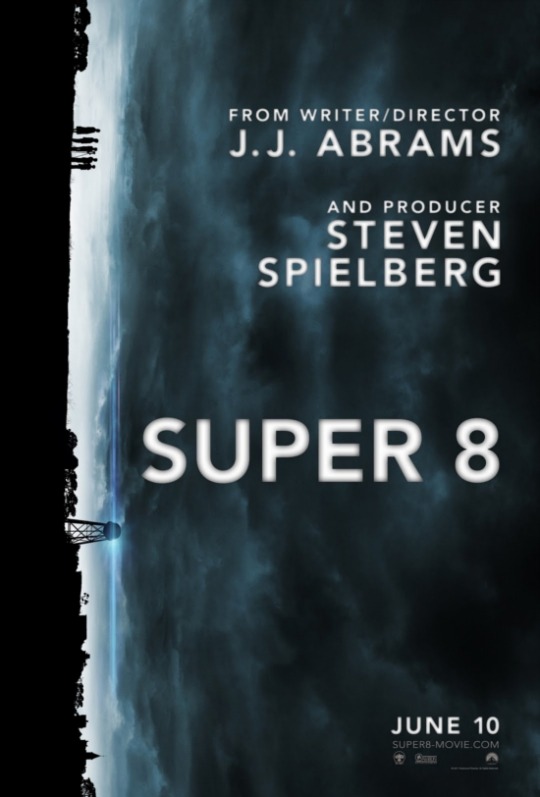
#Super 8#cine#póster#cartel#J.J. Abrams#cinema#movie#film#filme#fantástico#fantastic#cifi#scifi#Elle Fanning#Kyle Chandler#Joel Courtney#Zach Mills#Gabriel Basso#Riley Griffiths#película#JJ Abrams
3 notes
·
View notes
Text
More Small Press Expo 2023 Special Guests Announced!
More Small Press Expo 2023 Special Guests Announced! #SPX #SPX2023 #SPX23
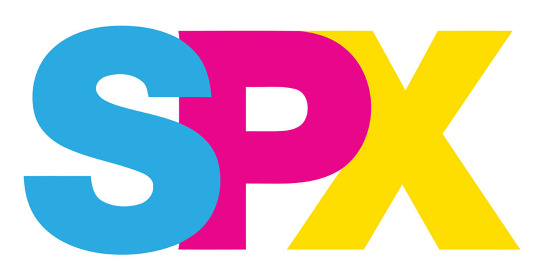
View On WordPress
#bill griffith#eddie campbell#hannah templer#joel priddy#marinaomi#nicole goux#raeghan buchanan#rob kirby#small press expo#spx
1 note
·
View note
Text
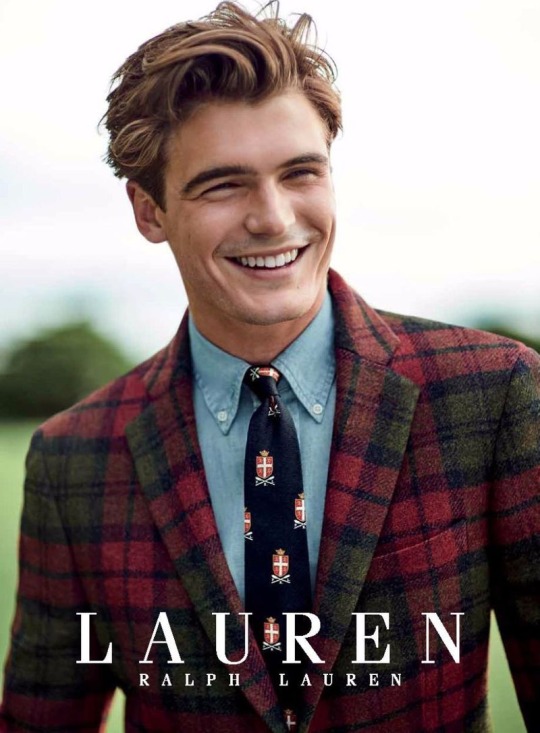
Ralph Lauren Fall 2017 - Garrett Taber - Photographed by Joel Griffith
9 notes
·
View notes
Text
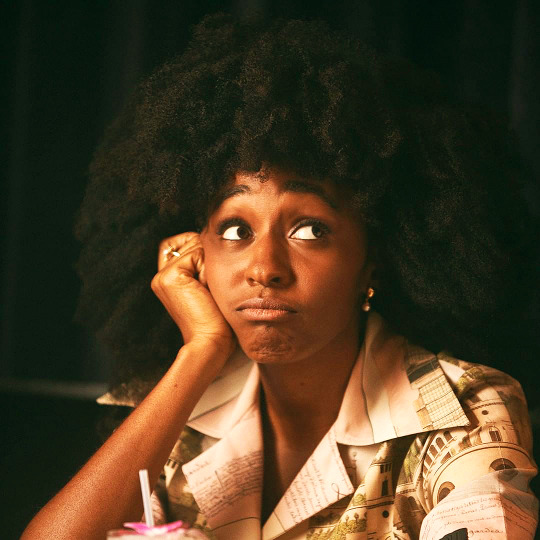
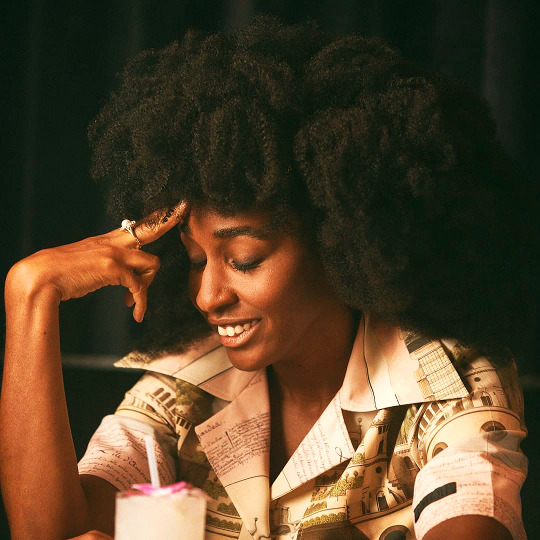
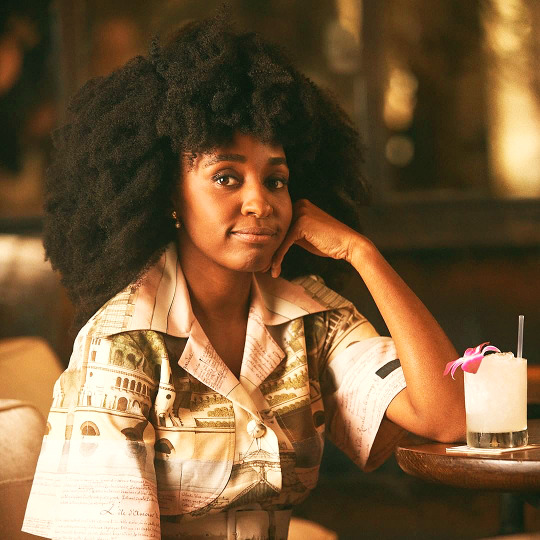
ayo edebiri photographed by joel griffith
#ayo edebiri#sydney adamu#syd adamu#the bear#the bear fx#the bear hulu#photo#still#edit#mine#photoshoot#tvfilmedit#tvfilmdaily#i look forward to more pictures of her every day like bro#actual goddess
4K notes
·
View notes
Text
Giving Them the Moment: How Our Flag Means Death and it's Portrayal of Black Men is the Most Important Thing on Television Right Now
Note: written April 20, 2022
Media is an incredibly distinct way of communicating. It has a wide reach, and each person has their own interpretation of what they see. That’s the beauty of the medium as a whole. However, there are often downsides, especially when it pertains to the West. In the US in particular, there is a trend within popular media to lean towards propagandization. Whether it’s the idea that communism and socialism are products of the ‘Evil East’ or the lingering effects of the Motion Picture Production Code - also known as the Hays Code, the media monopolies have a firm grasp on what we as a society watch and enjoy.
When you begin to play close attention to how the media portrays Black men, this becomes abundantly clear.
It is a rare thing when we see Black men whose characters aren’t portrayed as being the object nor the perpetrators of violence. In fact, only one mainstream popular show comes to mind: The Fresh Prince of Bel Air. But even then, the given circumstances of Fresh Prince revolve around Will’s escape from the violence of the ‘urban’ inner city. This vilification of Black men dates back to the 1910s with D. W. Griffith’s Birth of a Nation, and continued into the 1930s, where Black people were often personified as the monsters, representing the ‘exciticism’ of the world beyond the West. It is the ‘exoticism’ that has played a huge part in the dehumanization of Black men as a whole. But as a Black Queer person watching Our Flag Means Death, it is breaking that mold in an incredibly important way.
The Black men in the show are allowed to have fun.
This show is breaking barriers left and right. Of the major recurring cast of 15, over half of them are people of color. It’s overt and unflinching portrayal of Queerness when so many of its older viewers - myself included - have lived through the Bury Your Gays and Dead Lesbians tropes time and time again is overwhelmingly refreshing. Nearly all characters are Queer until proven straight and represent all parts under the umbrella, including Leslie Jones’ polyamorous pirate queen and Vico Ortiz - a non-binary actor - playing a non-binary character.
But in a world where the narratives of Black men are so often framed around violence and brutality, the Black crewmates of the Queen Anne’s Revenge - Frenchie, Oluwande, and Roach - are allowed to be funny and vulnerable. Each one of them is starkly different from the other with identifiable characteristics that allow the audience to humanize them. The trio quickly became my favorites among the crew, with Roach being the stand-out amongst them. Samba Schutte’s often deadpan delivery never fails to draw a laugh from me, in particular the assertion that “meat is meat”. Frenchie, played by Joel Fry, is the quickest on the draw where his intellect is concerned, being posited in the show’s fifth episode as having had a hand in inventing the pyramid scheme while spouting the wildest of conspiracy theories and being afraid of cats (they’re witches, they steal your breath, and have knives in their feet, you know). The softness and constant vulnerability of Samson Kayo’s Oluwande may be one of the most important aspects of the show, as it establishes him as a reliable and trustworthy confidante to not just Jim, but to Rhys Darby’s Stede Bonnet as well.
They exist in their own separate spheres on the ship, going about their own separate business completely unbothered. While it is implied they lead violent lives as pirates, this violence isn’t used to define them as characters. In fact, Oluwande stated that both he and Jim engaged in piracy because they “had no choice”. The brief mention we get of Frenchie’s backstory implies that he lives a life of servitude, though whether that was as an enslaved person or a freed Black domestic worker is not mentioned. While there is little known about Roach so far, it is implied that his culinary skills are far beyond the levels of what is needed aboard a pirate ship.
The friendships and relationships they form within the crew aren’t built on violence either, but on open and honest communication. Most notably, the friendship of Frenchie and Wee John Feeny, played by Kristian Nairn. Fry and Nairn are an impeccable comic duo when their characters become ‘room people’, and the scene where they begin to design their new space is a personal highlight of the episode. Oluwande and Jim’s romance - played to perfection by Kayo and Ortiz - is one that revolves around both characters being almost devastatingly open with each other. Both actors play the emotional vulnerability of the characters well, and it is important to emphasize that it is Kayo’s Oluwande that moves to meet Jim where they are.
While the show allows all its men to show varying levels of emotional vulnerability - an exception being offered to the emotionally constipated Izzy Hands, played by Con O’Neill - there is something so special about seeing that luxury afforded to Black men. This show has, in just ten episodes, has become a game changer for the television industry. It has proved that a show with explicitly Queer characters can become a massive sleeper hit, and that sometimes the best kind of historical show is one that is historical fiction. But it has also proved that you can create a narrative with Black men that doesn’t include their stories being framed in violence or brutality, that they can be funny, charming, witty, vulnerable, intelligent, complex characters with their own narratives that serve a purpose outside of a device of exoticism. It is this rare thing that makes these characters, and indeed the show as a whole, so important to its viewers.
We deserve more vulnerability, more humor, and more humanizing content from these three men, and this show is one that is truly deserving of a glorious second season.
Sources:
Donaldson, Leigh. “When the media misrepresents Black men, the effects are felt in the real world.”
https://www.theguardian.com/commentisfree/2015/aug/12/media-misrepresents-black-men-effects-felt-real-world.
Kumah-Abiwu, Felix. “Media Gatekeeping and Portrayal of Black Men in America.”
Opportunity Agenda. “Media Portrayals and Black Male Outcomes.”
https://www.opportunityagenda.org/explore/resources-publications/media-representation-impact-black-men/media-portrayals.
Our Flag Means Death, (2022-). HBO Max.
#not horror but its relevant#our flag means death#ofmd#ofmd s2#roach#frenchie#oluwande boodhari#david jenkins#black men in media#let black men be silly in things!!!!!!#our flag means death season 2
378 notes
·
View notes
Text
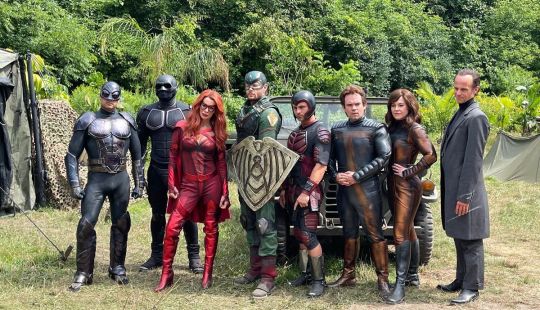

Payback!
#jensen ackles#soldier boy#laurie holden#crimson countess#joel labelle#swatto#gattlin griffith#young gunpowder#kristin t booth#tessa#fritzy klevans destine#young black noir#jack doolan#tommy#ryan blakely#mind storm#payback#the boys tv#amazon prime#❤❤❤❤
84 notes
·
View notes
Text
EGT's FAQ About A Fall Out Boy Cover of the Billy Joel Song "We Didn't Start the Fire" Covering Newsworthy Items from 1989-2023
Why isn’t it in chronological order?!
Was the original in chronological order? Yes, roughly speaking (it wasn’t in exact chronological order, either, for instance, the Brooklyn Dodgers won their first World Series after Disneyland opened but the Dodgers are mentioned before Disneyland, but I get it, it is roughly chronological and definitely more so than the Fall Out Boy cover).
The original, however, was also about a different time period in history: It happened to cover the Cold War. It makes sense that it would go in chronological order because there was a very definitive narrative arc to that portion of history: The Cold War started, all these things happened during it, the Cold War ended.
The era since the Cold War ended arguably lacks this narrative arc. So it makes sense that if you were doing a “We Didn’t Start the Fire” for the modern era, you wouldn’t go in chronological order. That would imply a “beginning” and an “end” that our era doesn’t deserve. Arguably, what mostly characterizes the post-Cold War era (and especially the twenty-first-century portion of it) is the jumbled chaos of time-meaninglessness. We say it all the time on the internet: What is time anymore? It means nothing? We have no sense of it. Things that happened yesterday turned out to be from 2003. There are a ton of other memes about this. You can’t believe the pandemic was over three years ago now. You can’t believe it’s been seven years since the 2016 election cycle. You can't believe that Friends is as far away from us as The Andy Griffith Show was from Billy Joel. Our histories, both personal and on a grander scale, feel like a jumble we can’t untangle, and so does this cover of the song.
In the 90s, people used to talk about being at “the end of history,” and they meant this in a good way. Like, there was this belief that “western democracies” had won and now all we had to do was keeping going up. Obviously that fell apart quickly, but I am Pete Wentz’s age, and I remember very much being given that message when I was in high school and college. In the way that the country boomed after winning World War II, it was assumed we would also boom for a long, even more extended period of time because our victory was even more complete. And then September 11 happened and it felt like it accelerated everything falling apart much more quickly. But that fever dream quality of growing up “post-history,” so to speak, is I think captured really well in the non-chronological lyrics, in a way that I think following a chronology would have done a disservice to. Our lives are this weird mish-mash of constant horrors mixed with the numbing agents of pop culture, and so is this song.
The song ends on September 11, and there have been 22 years of history since September 11, and I get why it’s upsetting to people for the song to end on an event from 2001, and at the same time I think it’s the most effective part of the song, because it does not feel like that was 22 years ago, it definitely feels like it was yesterday, and it also feels like sometimes it’s the only thing that happened in the past thirty-plus years, because of how much it dwarfed everything that came before and how much it colored everything that came afterward.
Also, Fall Out Boy did make a deliberate choice to change the way the chorus goes. Billy Joel sings, "We tried to fight it," and Fall Out Boy sings, "We're trying to fight it." That, to me, adds to the impression that this isn't a narrative with a beginning and an end, it is all over the place and we're still in the middle of it all. So the song ends in the middle, basically.
I am speaking, of course, from the bias of a privileged American born in 1980 who graduated high school in 1997. But, speaking from that bias, I personally get why it’s not chronological, and I don’t think it’s a fatal flaw of the cover. To me, after a moment of being surprised the first time I listened, I felt like I got it and it captured the era better, and it was a feature not a bug. Obviously not everyone will agree, but anyway, I just wanted to say it.
There’s no way they did that on purpose, though.
I’ve got news for you about literary analysis, which I can confidently state as a writer myself: I’m sure there are some writers deliberately doing stuff on purpose but I bet a lot of it is the stuff you don’t even notice. The stuff you do notice and make much of, I’m always like, “…well. Gotta pretend I knew I was doing that all along…” I used to feel guilty about that, but I don’t anymore, because I’ve decided that the things I do instinctively, because they feel right to me, count just as much. When it turns out later that I was doing something because of x, y, z, only I couldn’t articulate it, I think that’s okay. And I also think it’s better than okay when people read what I write with their own experiences making it mean something to them that I would never have thought about.
Which is to say, I’m not particularly bothered by whether Pete Wentz said to Patrick, Joe, and Andy, “Let’s not do it chronologically in order to capture the chaos of this era.” He probably didn’t. But he did make a choice not to do it chronologically, and that’s good enough for me. (He actually starts with a very early reference, so it’s like he’s faking all of us out, like, You thought this would be a nice chronology, but it’s not, it’s an absolute mess.)
Didn’t Pete Wentz basically say it was just too hard to do it chronologically?
Never believe what Pete Wentz says about his own lyrics. He says Thnks fr th Mmrs is about Coachella.
Okay, but you’re surely giving him too much credit.
I’ve been analyzing the man’s lyrics for a long time now. He’s so much smarter than anyone gives him credit for, tbh. Believe me, I also used to think it was just coincidence that he kept tripping over these really elegant, multi-layered, evocative phrases. After twenty years, I don’t think it’s coincidence anymore. I think he just knows how to write.
But also, We Didn't Start the Fire gets held up as a Cold War epic, and it wasn't actually about the Cold War either, Billy Joel just lucked out that the Cold War ended the year it came out.
Fine, but anyone can just rhyme a bunch of proper nouns together.
Yes! You are correct! Anyone can do that! Go for it!
Yeah, but why is everyone paying so much attention to Fall Out Boy’s?
Honestly, I don’t know. They put out a really stellar album that most major media outlets and casual social media managed to ignore, and they’re in the middle of a super-ambitious tour where on any given night Patrick Stump might cover Queen or they’ll just pull out something old or maybe something brand new and I haven’t seen anyone talking about any of that, either. So I’m not entirely sure why suddenly everyone’s so fixated on what Fall Out Boy is doing, but Idk, if you’re curious, the new album is excellent and doesn’t have a single cover song on it, it's all original and it's got ton more Pete Wentz lyrics to pore over.
The lyrics are very sports-heavy, though. Was that necessary?
The lyrics are extremely Pete Wentz. I know everyone else in the band helped him, too, but these are the things Pete Wentz cares about: Chicago sports, Marvel stuff, Tiger King, other emo bands. Lots of other stuff, too, but the fact that he includes the Cubs and not the Red Sox is entirely a function of Who Pete Wentz Is. It’s actually an extremely personal listing of the last thirty years, and I kind of like that about it, too. Everyone’s version of this song is different, and that’s cool!
But it doesn’t even mention COVID!
I, too, was surprised by that, but it mentions Tiger King, and I think that’s better, it made me laugh and also very vividly evoked that particular time to me better than just saying, like, "COVID-19 quarantine" would have.
There are other huge events it leaves out!
Yes. There are.
I can’t help it, I just really hate the song.
That’s cool. There are songs I really hate, too. ¯\_(ツ)_/¯
(the funniest thing to me is that many people make fun of Patrick's lack of enunciation making lyrics unintelligible, but he's worked so hard on his singing that people can understand these lyrics, oops)
115 notes
·
View notes